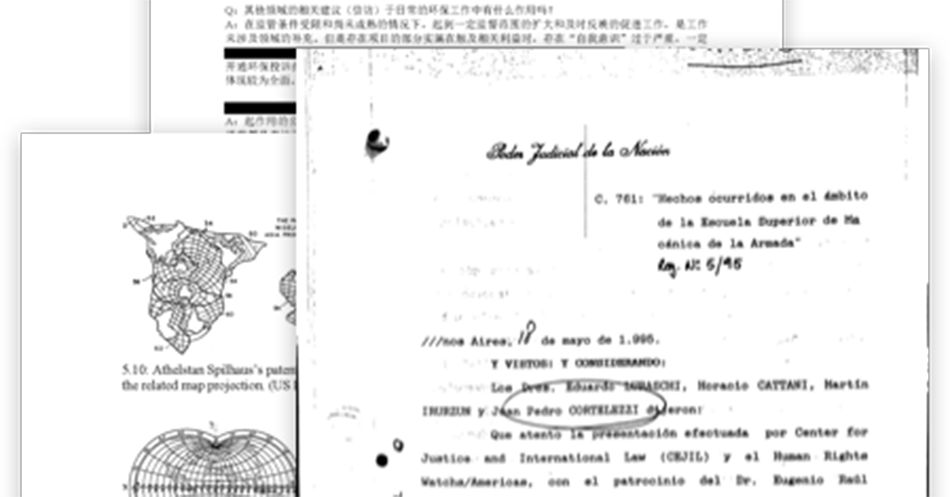
Qualitative Data Repository
Qualitative Data Repository (QDR) selects, ingests, curates, archives, manages, durably preserves and provides access to digital data used in qualitative and multi-method social inquiry.
The QDR offers institutional membership, which includes a broad range of services to help depositors render their data findable, accessible, interoperable and reusable (FAIR).
Research Methods at Syracuse University
These syllabi titles are for informational purposes only, please note that the inclusion of a syllabus title only indicates that the course was previously offered at Syracuse University or SUNY ESF. Students interested in a particular course will need to contact the relevant department to determine if it is being scheduled again and, if so, whether registration is possible.
For more information and resources in qualitative and multi-method data management and guidance on data management planning for grants, funding and award submissions, please consult QDR website pages on data management.